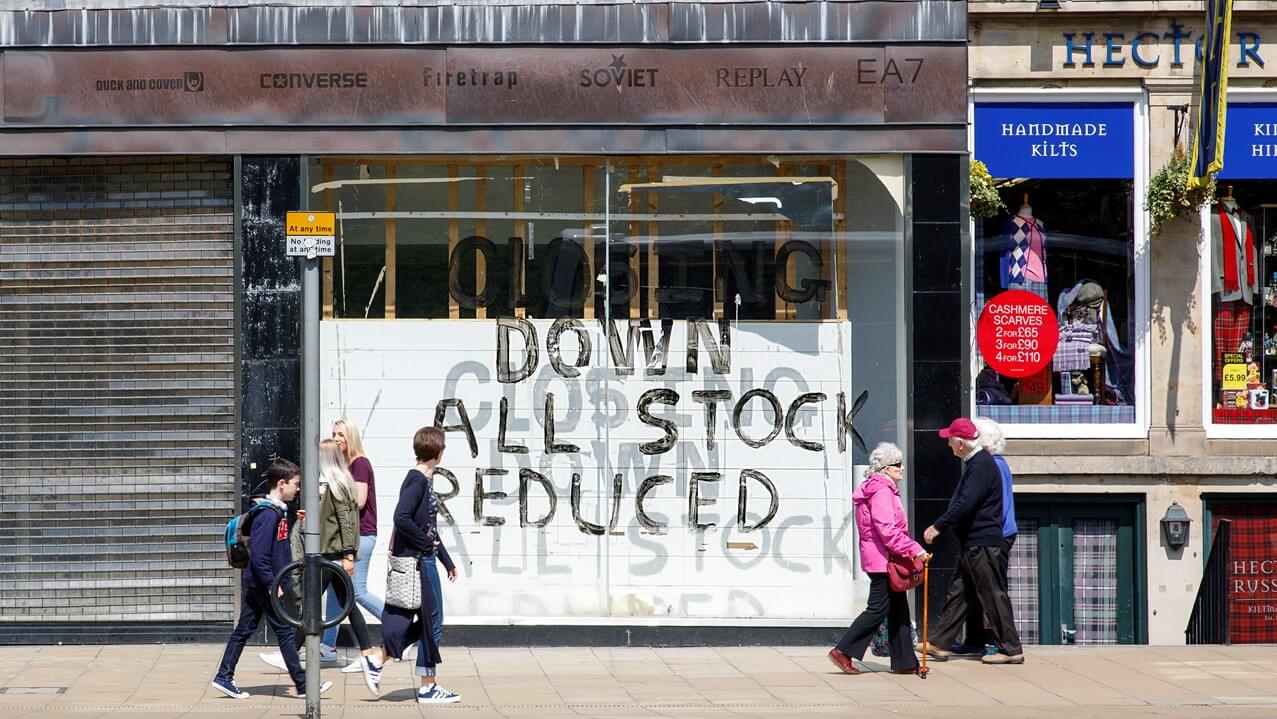Some 4,228 bankruptcies were recorded between April and June – the highest number for any quarter since the last three months of 2014.
Bankruptcies At Highest Quarterly Level Since 2014
Some 4,228 bankruptcies were recorded between April and June – the highest number for any quarter since the last three months of 2014.

The number of people going bankrupt across England and Wales reached its highest level in over four years in the second quarter of 2019, official figures show.
Some 4,228 bankruptcies were recorded between April and June – the highest number for any quarter since the last three months of 2014.
The Insolvency Service, which released the figures, said bankruptcies remain low compared with 2009 to 2014 levels.
Published today – personal insolvency statistics for April to June 2019: total individual insolvencies decreased in Q2 for the 2nd consecutive quarter https://t.co/V28dgff7J9 pic.twitter.com/vXrz5Bx21l
— Insolvency Service (@insolvencygovuk) July 30, 2019
In contrast to the rising number of bankruptcies, the number of people using individual voluntary arrangements (IVAs) and debt relief orders (DROs) fell in the second quarter of 2019 compared with the previous three months.
This meant the overall number of personal insolvencies fell for the second quarter in a row, with 30,937 cases recorded.
Duncan Swift, president of insolvency and restructuring trade body R3, said bankruptcies “tend to be a reasonably good indicator of serious, unsustainable indebtedness”.
He said: “The situation is still serious for the UK’s personal finances.”
R3’s latest personal debt snapshot survey carried out in March found four in 10 (40%) adults across Britain were at least fairly worried about their current level of debt, and that the same proportion (40%) said they sometimes or often struggle to make it to payday.
Alec Pillmoor, personal insolvency partner at RSM, said the Insolvency Service figures suggest that “many people continue to be over-optimistic when it comes to estimating their ability to meet repayment demands as they fall due”.
He said: “Furthermore, debt charities have also raised concerns about the rise in sub-prime credit cards being targeted at those with low credit scores.
“These can have relatively high APRs (annual percentage rates) when compared to other short-term credit alternatives and serve to further the plight of those with limited understanding of how easy it is to rack up unsustainable debt.”
Giving a general note of caution to households, he said: “Given the current weakness of the pound and Brexit-related economic uncertainty, many consumers may wish to give closer consideration to their holiday spending this summer to avoid getting into trouble further down the line."
Vicky Shaw is PA Personal Finance Correspondent.
Thanks for signing up to Minutehack alerts.
Brilliant editorials heading your way soon.
Okay, Thanks!

